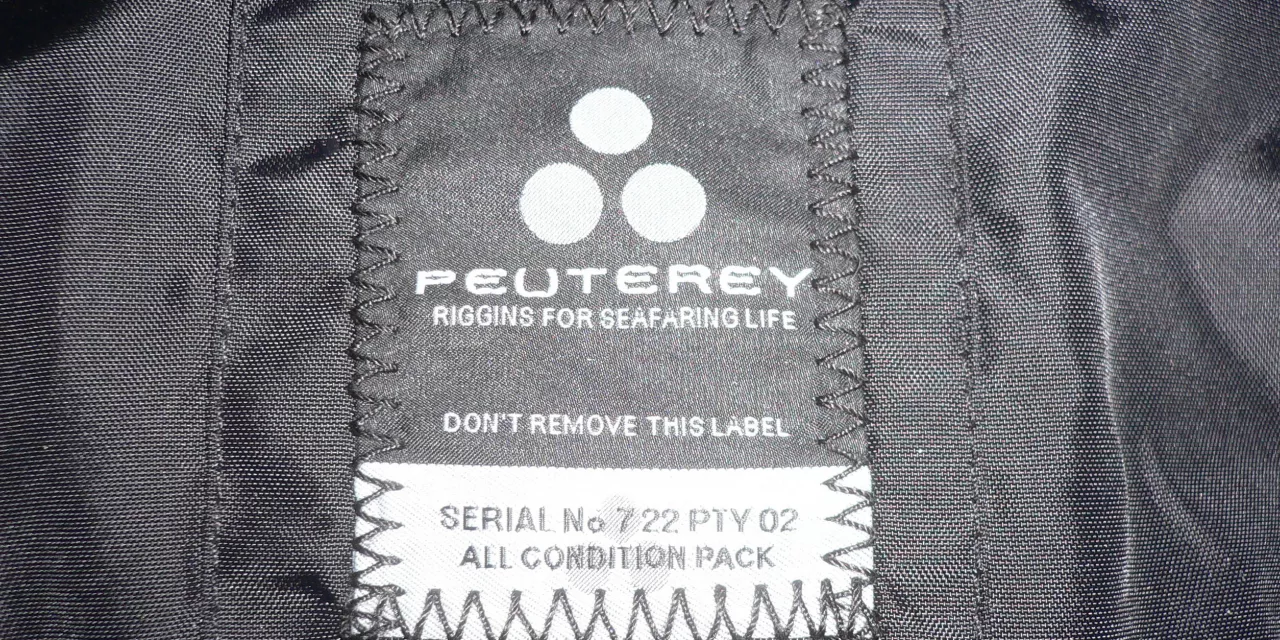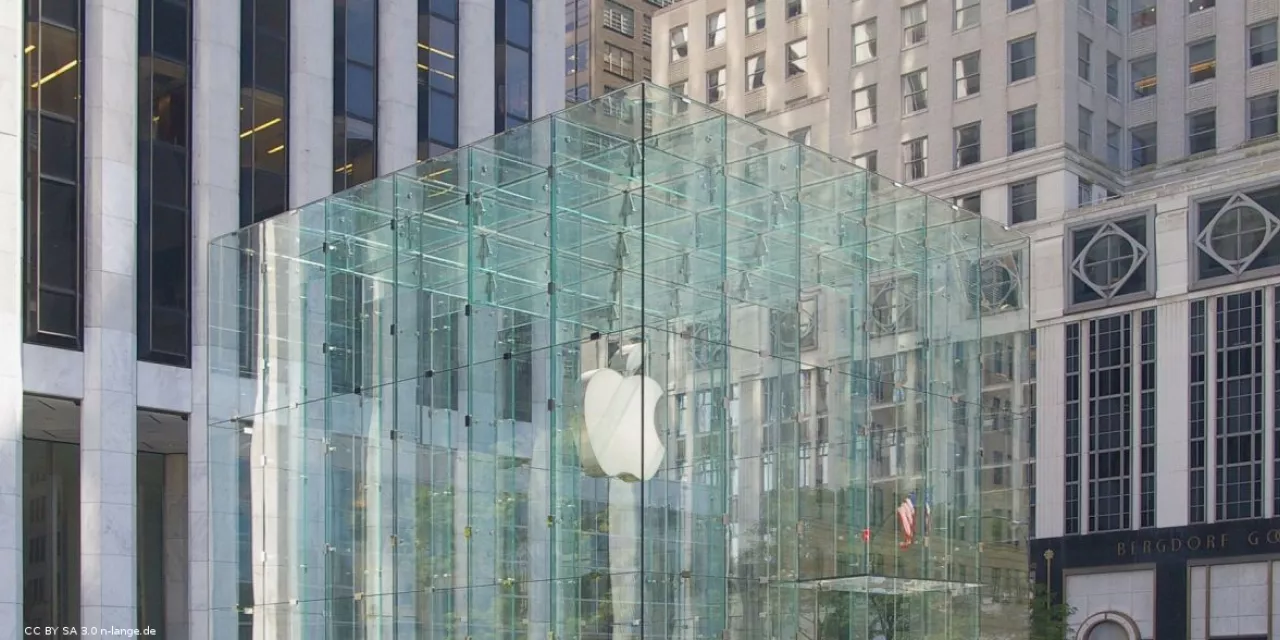The BigBrotherAward 2012 in the “Workplace” category goes to Bofrost Dienstleistungs GmbH & Co. KG, Bofrost Services.
Bofrost receive this award for unabashedly accessing a legally protected electronic file belonging to the staff council. Bofrost seem to have no sense of guilt despite having been found to be in violation of the law; they continued to pursue industrial law court proceedings in higher courts, after losing in the first instance.
[Note to international readers: a staff council, or works council, is a ‘shop-floor’ organization representing employees at the company level in labour negotiations. Staff councils are a major element of the co-determination provisions in German industrial law. Companies above a certain size must establish a staff council, consisting of regular employees and elected by the whole workforce. Staff council members carry out their duties using some of their regular working hours. They must not be obstructed and can only be dismissed for “extraordinary” reasons.]
On their website, Bofrost declare their intention to act as a “pragmatic, cooperative, reliable and enterprising” business. A member of the company’s staff council got to experience that cooperative pragmatism. He was accused of having written a position paper in support of sacked employees during his working hours, which Bofrost regarded as inadmissible. This paper had been e-mailed from a staff council computer to their legal secretary.
Bofrost got to know of this e-mail during industrial law proceedings against these sacked employees. The company then wanted the staff council to reveal who had written the paper. When the staff council refused to answer, Bofrost accessed relevant data that belonged to the staff council secretly, without the staff council’s actual knowledge. Bofrost claimed that a company framework agreement would authorise this and that the staff council had been notified of the access and asked to consent to the data being examined. Interesting how easy data espionage can become in a constitutional democracy. Naturally, the staff council did not agree and objected to the request to access the data.
The information that was then obtained secretly and without actual knowledge of the staff council led to consequences. The staff council member received an extraordinary dismissal. The reason given by the employer was that writing such position papers was not among the tasks of the staff council, therefore the paper’s author had defrauded the company by misusing his work time.
Bofrost’s actions led to a number of industrial law cases, which were all lost by the company. The local industrial court of the city of Wesel declared the dismissal invalid. In another case, the same court ruled that Bofrost was generally not permitted to access the staff council’s electronic data.
Although the industrial court’s decisions were an all-round slap in the face for Bofrost, the company was not deterred from appealing the decision in the dismissal case. The higher industrial court went ahead and slapped Bofrost again: accessing staff council data was declared unlawful on the 7th of March, and no appeal was allowed.
Another case shows that the company is not willing to listen to plausible and judicially confirmed arguments. Staff council members at another Bofrost site noticed that remote control software had suddenly appeared on their computers. This had been secretly installed by Bofrost and enabled clandestine access to staff council data. The company hadn’t even bothered to go through the legally required processes of prior information and co-determination. The software installation was therefore illegal. There was one consolation though: after this was found out, the software was uninstalled.
This kind of behaviour highlights that employee representative’s rights are not regarded as a desirable quality feature by Bofrost. Numerous privacy scandals of the last few years – we will cite just two examples, Lidl and Daimler – and the debate about protecting employees’ personal rights seem to have completely passed the company by. Could it be that the responsible people were locked into a cold store at the time?
Bofrost, Lidl and the others are not alone. The BigBrotherAwards jury have had several reports of similar cases this year. Again and again, staff council members experience inadmissible inquisition and snooping, during which employers access stored data. And the employers don’t seem to fear making headlines with such privacy scandals at all.
But it could be worse – if the governing coalition in Berlin adopt their draft of an “employee data protection law”, that is. In contrast to what the name suggests, the law will not improve workers’ protection against computer files being spied upon. Instead, it creates new opportunities for companies to collect and analyse data, far beyond what is legally permissible today. The law would legalise many past privacy violations in retrospect. In cases where breaches of duty or criminal behaviour are suspected, monitoring abilities would even be extended. This new law would not protect employees (despite what its name suggests), but company interests. A more approprate name for this “employee data protection law” would therefore be “employee surveillance authorisation law”.
One law would remain unaffected by this change, however: the works constitution act (Betriebsverfassungsgesetz, the main German co-determination law). Bofrost still won’t be able to clandestinely inspect staff council data; such actions are and continue to be forbidden.
We can only advise Bofrost to brush up on their legal knowledge and swiftly put that into practice – before another industrial court pours cold water on them again. With actions like these, Bofrost will clearly miss the aim displayed on their own website: to become one of the best employers in Europe.
Congratulations on the BigBrotherAward, Bofrost.
Laudator.in













